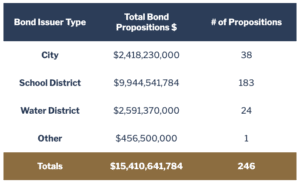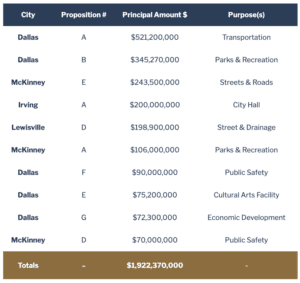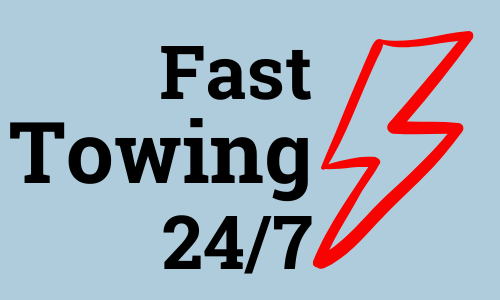Dallas Propositions Among Costliest in Texas
When they approved a $1.2 billion bond package on Saturday, dallas residents were responsible for half of the state’s 10 costliest municipal propositions.
That’s according to Texas Scorecard, which reported on Sunday that all 10 of the most expensive propositions were for North Texas communities.
Dallas’ bond package accounted for the first, second, seventh, eighth, and ninth costliest bonds in the state, per Scorecard. The others are in McKinney, Irving, and Lewisville.
“I mean, look, I’m not surprised,” said Louis Darrouzet, CEO of Metroplex Civic & Business Association. “A lot of groups came out in full support of all 10. It’s disappointing that the City [of Dallas] can’t get a lot of these items done with their general fund since it’s so large now. It’s increased quite a bit over the last few years, and I don’t think the benefits have gotten much better. Frankly, it’s gotten worse.”
The budget for the existing fiscal year is $4.6 billion. That is a $1 billion increase since the 2018-2019 budget.
“A lot of these bond projects should have been general maintenance, but they are capitalizing them under a bond,” Darrouzet said. “It indicates that a lot of the City leadership are being careless with tax dollars from a financial perspective, and there’s not a lot of people paying attention to what the City’s doing. That’s the same recipe for disaster that many other major cities have fallen into.”
The Texas Public Policy Foundation reported that almost 250 bond propositions at a combined $15.5 billion were on ballots across Texas. Of those, 38 were municipal packages worth $2.4 billion, and the 10 most expensive totaled nearly $2 billion.
The five most expensive propositions in Dallas are:
Proposition A — $521.2 million for streets and transportation.
Proposition B — $345.2 million for parks and recreation.
Proposition F — $90 million for public safety.
Proposition E — $75.2 million for cultural and performing arts facilities.
Proposition G — $72.3 million for economic development.

Source: Texas Policy Research

Source: Texas Policy Research
“I think capital bonds are there for a reason,” Darrouzet said. “I think some stuff should pass, but the real charge is the City needs to get its financial house in order. Since 2019, the tax revenue from property taxes increased [by] 37%. So, the City brought in almost another $400 million in property tax revenue. The budget for the City of Dallas from 2019 to 2023 went up $1 billion, and the population dropped by 50,000. We lost people and raised the budget. It’s like something’s not right.”
And the next Dallas city manager will have a difficult task reining in the spending, Darrezout said.
“Crime and homelessness are out of control, and companies are leaving Dallas and relocating to Plano, Frisco, and Prosper,” he said. “They are literally wasting money all over the place on all of these pet projects, and it’s irresponsible. You make a compelling case for needing a strong city manager who can get this house in order — one who can get the City in a place so efficient they can do projects they want to get done because they already have the money.”
Support our non-profit journalism

